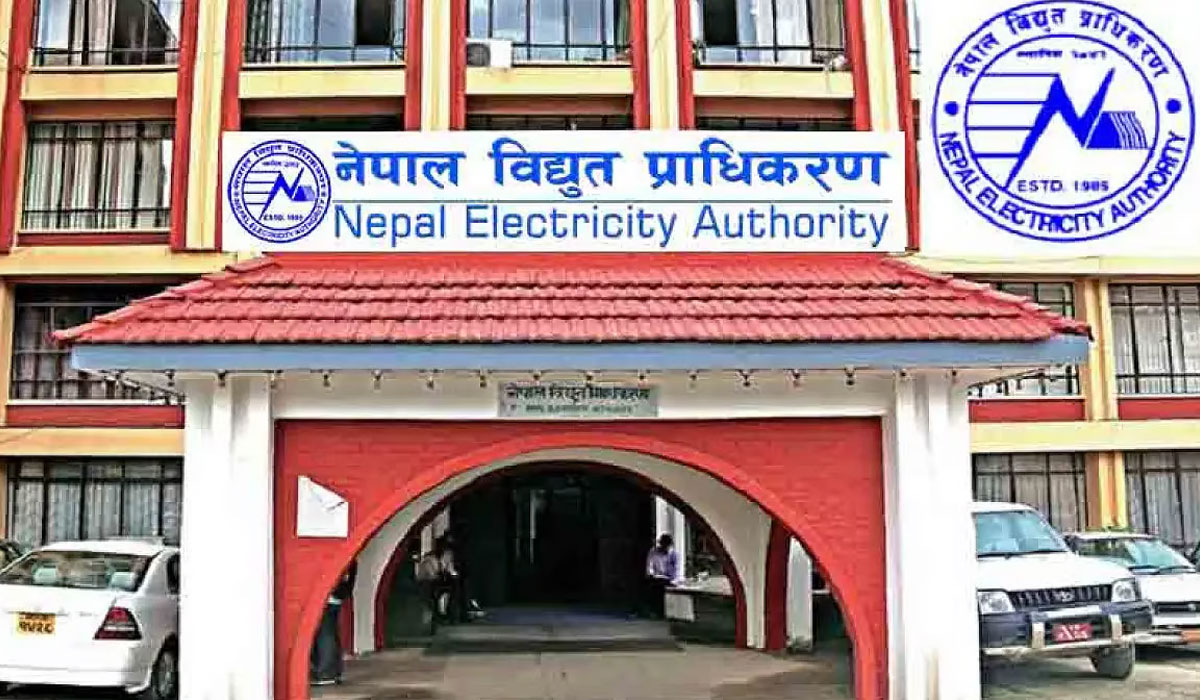

KATHMANDU: A coalition of Nepal’s leading industrialists has publicly declared their refusal to pay the disputed dedicated/trunk line electricity charges demanded by the Nepal Electricity Authority (NEA).
The group stressed that this decision is aimed at protecting legal governance and national economic stability, not evading legitimate payments.
They appealed to every Nepali citizen and the youth involved in recent movements (Gen Z) to recognize that this is a fight against institutional arbitrariness and unverified authority, which threatens the economic future of the country.
The industrialists highlighted the central question: why pay when there is no proof?
Their collective stance is based on NEA’s seven-year-long institutional weakness and injustice. They explained that the issue is not isolated to a few companies but affects over 30 major industries collectively.
None of these industries have accepted using the NEA’s premium services, which demonstrates serious flaws in the billing system and lack of evidence.
The group demanded transparent and fair determination of liability, relying on TOD meter data and Lal Commission reports showing industrial operations during load-shedding periods.
They questioned how payments could be made when NEA has no proof of service usage.
The coalition criticized NEA’s arbitrary actions, including disregarding legal processes.
Industries were required to submit applications for administrative review and deposit 5% bank guarantees of the disputed amounts, but the NEA board canceled the entire process unilaterally, demonstrating institutional injustice and disregard for the rule of law.
The group warned that this situation poses a serious national economic risk. Cutting electricity is not a valid strategy to recover debt but an economically self-destructive step.
The dispute threatens over 15,000 direct jobs, as affected industries employ thousands of Nepali families. If electricity is cut, these industries may shut down, leading to severe social crises during the ongoing economic downturn.
Additionally, these industries are reliable contributors of over Rs 1 billion per month in regular electricity payments, and jeopardizing this revenue source conflicts with national interest.
The coalition also cited previous incidents where power cuts of 22 days in 23 industries caused over Rs 12 billion in industrial losses, while the government lost over Rs 3 billion in revenue, showing a 4:1 ratio of damage and highlighting that aggressive measures would cause significant national loss.
The industrialists framed this dispute as a test of good governance. Initially, NEA demanded over Rs 20 billion, but the Lal Commission later recommended collecting only Rs 6 billion, proving that the original billing was arbitrary.
The group called on the government and NEA to respect the principles of justice, transparency, and accountability established by the youth movement.
They demanded that: liability be determined strictly based on evidence, including TOD meter data; all threats of electricity cuts and arbitrary actions be suspended immediately; and all administrative and legal procedures be respected.
The industrialists clarified that they are not against paying legitimate dues but are opposed to unverified and arbitrary power, and their stance will remain until justice based on evidence is ensured, protecting the national economy and over 15,000 jobs.